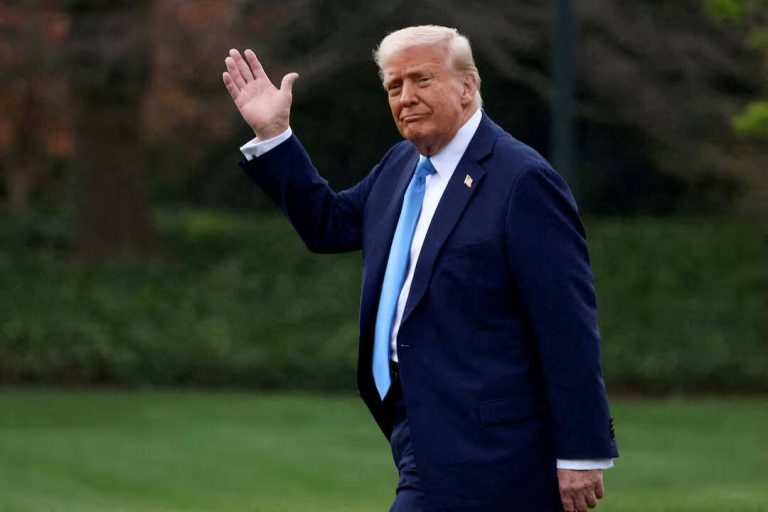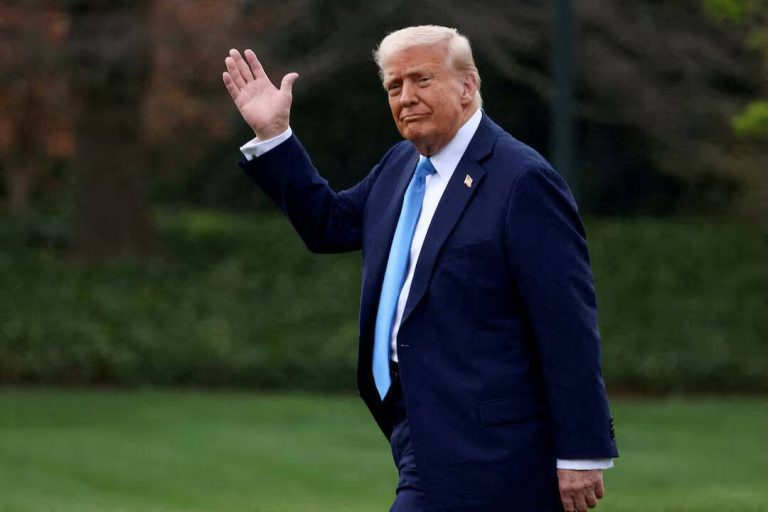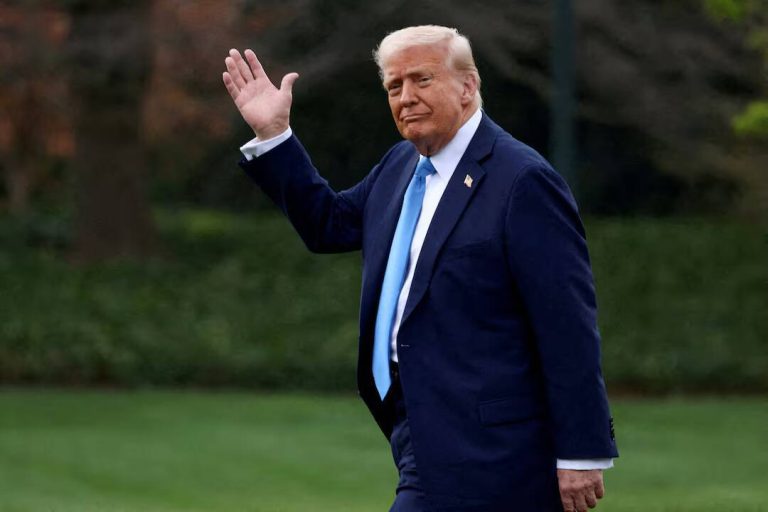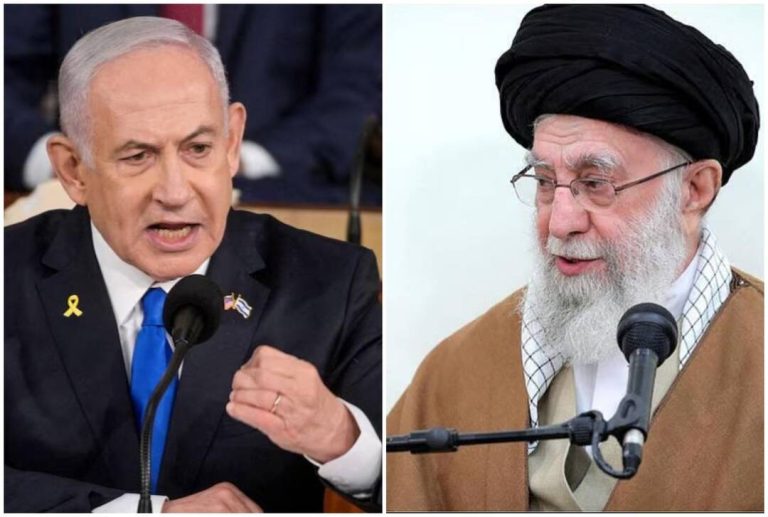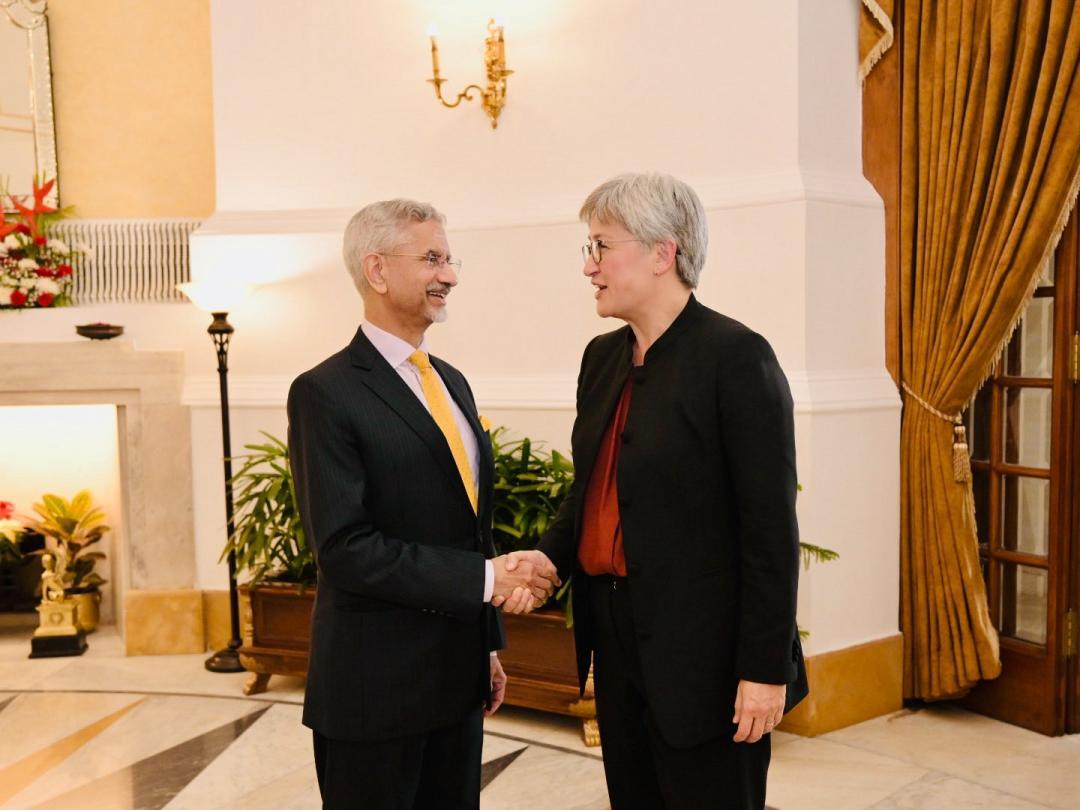
You’ve beaten us in both Men’s & Women’s Cricket,’ Australia leader jokes with Jaishankar
In a lighthearted moment during a meeting between two of the world’s most prominent diplomats, Australia’s Foreign Minister Penny Wong jokingly acknowledged India’s recent dominance over Australia in the sport of cricket. Wong met with India’s External Affairs Minister (EAM) S Jaishankar and began their conversation with a humorous remark, saying, “You’ve beaten us in both Men’s and Women’s Cricket.” This statement not only showcases the camaraderie between the two leaders but also highlights the significance of sports, particularly cricket, in the relationship between their countries.
Penny Wong’s statement was not made without context. Just recently, in October 2025, the Indian women’s cricket team achieved a remarkable victory over Australia in the semifinal of the Women’s World Cup. This win was a testament to the growing prowess of the Indian women’s team on the international stage. Furthermore, in November, the Indian Men’s team secured a series win against Australia in a T20I series, underscoring India’s current cricketing supremacy.
Wong’s jest also revealed a deeper aspect of her professional relationship with Jaishankar. She mentioned that among all the ministers she has met in her current role, Jaishankar is the one she has met the most. This frequency of meetings indicates the strong diplomatic ties between Australia and India, with both nations recognizing the importance of bilateral relations in a rapidly changing global landscape. The meetings between Wong and Jaishankar are pivotal in discussing and addressing various issues of mutual interest, ranging from economic cooperation and security concerns to cultural exchanges and, as evidenced, sports.
The exchange between Wong and Jaishankar symbolizes the friendly and competitive spirit that defines the relationship between Australia and India, both on and off the cricket field. Cricket, often referred to as a religion in India, holds a special place in the hearts of Australians as well. The sport has been a significant factor in fostering goodwill and mutual respect between the two nations, with numerous memorable matches etched in the history of the game.
The recent victories of the Indian teams, both men’s and women’s, over their Australian counterparts have not only delighted Indian fans worldwide but have also been acknowledged with grace by the Australian side. This sporting rivalry is built on a foundation of respect and admiration for the skills and dedication of players from both countries. Wong’s comment, therefore, was not just a passing remark but a reflection of the sporting spirit that unites Australia and India beyond the boundaries of politics and diplomacy.
Moreover, the success of Indian cricket, both at the men’s and women’s levels, is a story of inspiration and perseverance. The Indian women’s team, in particular, has been making strides in the international arena, challenging traditional powerhouses like Australia and England. Their achievements are a testament to the evolving landscape of women’s cricket globally and the concerted efforts by the Board of Control for Cricket in India (BCCI) to support and promote women’s cricket.
As Australia and India continue to nurture their bilateral relationship through various means, including sports, cultural exchanges, and diplomatic engagements, moments like these serve as reminders of the deepening bond between the two nations. The frequency of meetings between high-level dignitaries like Penny Wong and S Jaishankar underscores the commitment of both countries to strengthening their partnership, addressing global challenges, and celebrating each other’s successes, whether in the realm of sports or beyond.
In conclusion, the lighthearted joke by Australia’s Foreign Minister Penny Wong to India’s EAM S Jaishankar about India’s victories in both men’s and women’s cricket is a reflection of the amicable and competitive nature of the relationship between Australia and India. It highlights the significance of cricket as a common ground where both nations can engage in a spirit of friendship and mutual respect. As the world navigates through complex geopolitical scenarios, such exchanges remind us of the power of sports to bring nations together and foster goodwill.
